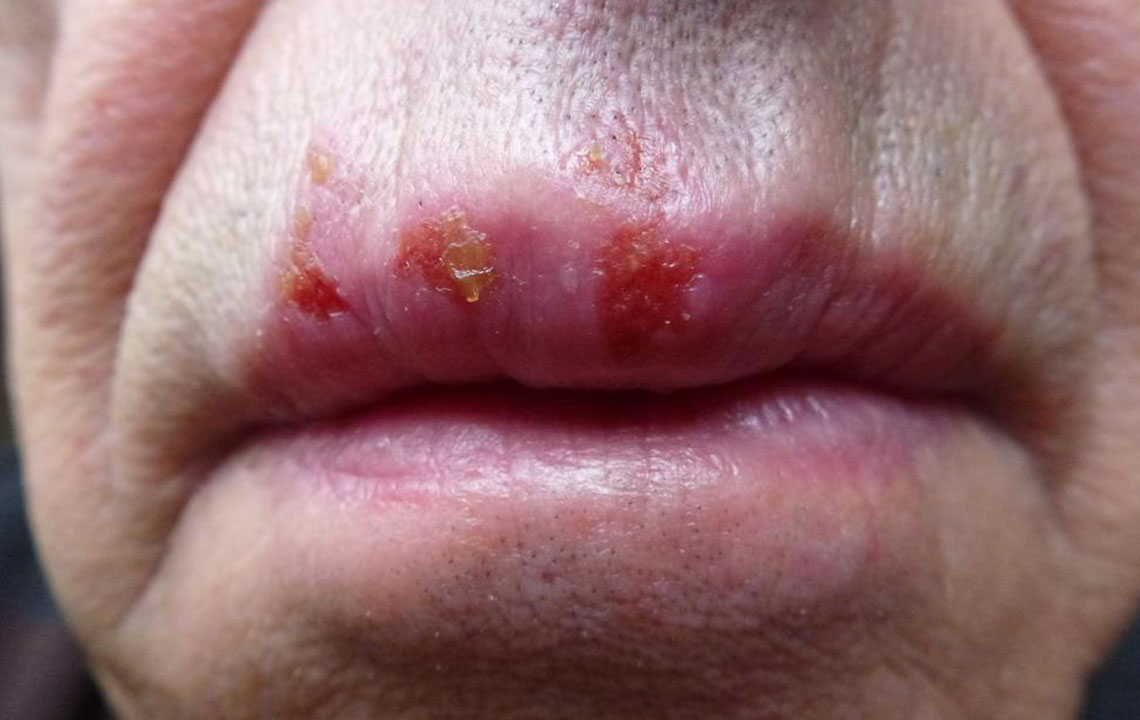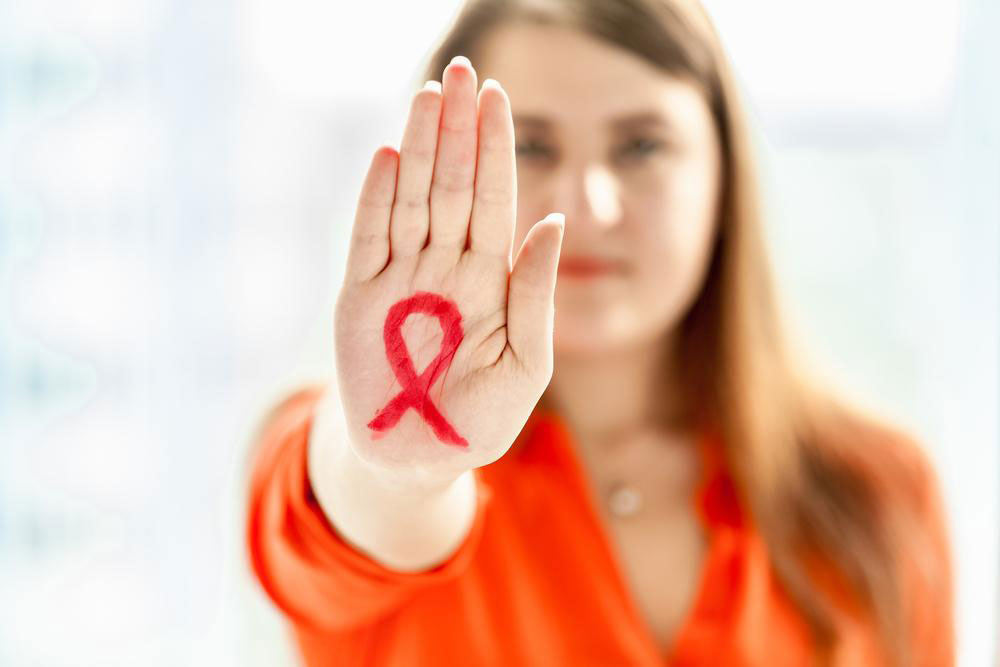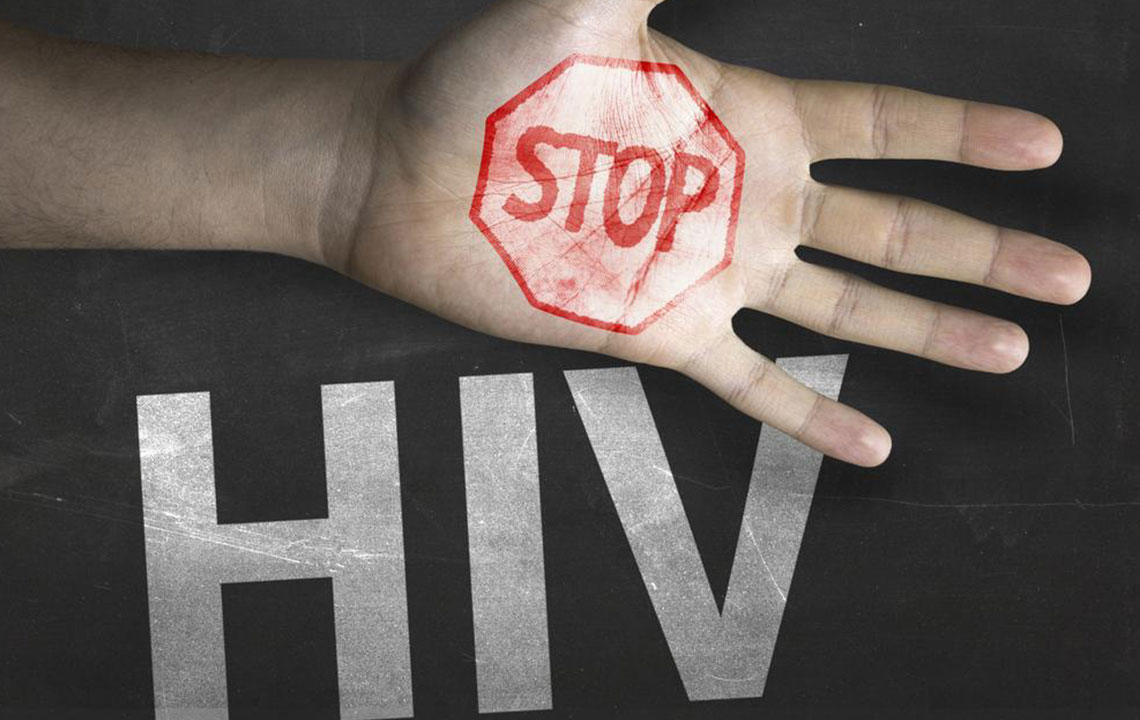Effective Strategies to Prevent Genital Herpes
This article outlines effective methods to prevent genital herpes, emphasizing safe sex practices, open communication with partners, and early medical consultation. Understanding the infection through images and awareness can significantly reduce risk. While genital herpes is challenging to treat, proactive prevention measures are essential for sexual health. Always consult healthcare professionals for personalized advice and treatment options to manage or prevent this common STI effectively.

Effective Strategies to Prevent Genital Herpes
Genital herpes is a common sexually transmitted infection (STI) characterized by painful blisters and sores. These sores can break open, releasing fluid that may spread the virus. The visual appearance of genital herpes lesions can be seen in various images online. The infection is caused by two types of herpes simplex viruses:
Herpes Simplex Virus Type 1 (HSV-1)
Herpes Simplex Virus Type 2 (HSV-2)
These viruses infect the mucous membranes—thin tissue layers lining body openings—and can quickly adapt and multiply within the body, making treatment challenging. Viewing herpes images can help in recognizing symptoms.
Prevention Tips
Since genital herpes is difficult to cure, prevention is crucial. The following measures can help:
Use condoms consistently during sexual activity, ensuring the condom covers infected areas or avoiding intercourse if either partner has symptoms.
Discuss your partner’s sexual history and previous STDs, as prior infections increase susceptibility.
Ensure both partners understand what genital herpes entails, referring to images or information if needed.
Limit the number of sexual partners to reduce exposure risk.
Ask about your partner’s sexual history before engaging in sexual activity, especially if they have multiple partners.
Avoid sexual contact with anyone showing genital sores or lesions.
If you suspect infection, compare symptoms with herpes images and seek medical advice promptly.










